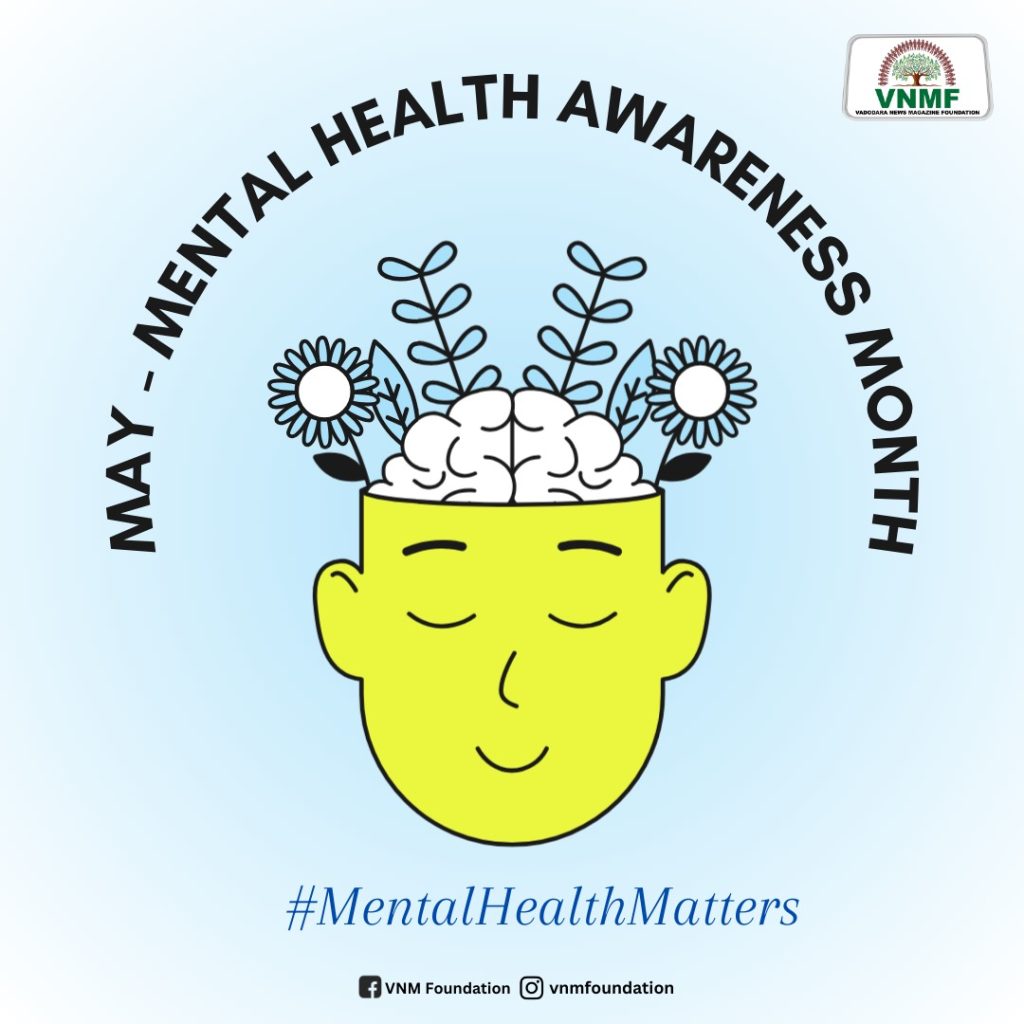Mental health is a fundamental component of overall well-being, influencing our emotions, thoughts, behaviors, and relationships. Yet, despite its significance, mental health remains a neglected aspect of healthcare, particularly in countries like India. As the world observes World Mental Health Day, it’s crucial to shed light on the pressing issues surrounding mental health in India, Close to 60 to 70 million people in the country suffer from common and severe mental disorders. India is the world’s suicide capital with over 2.6 lakh cases of suicide in a year. WHO statistics say the average suicide rate in India is 10.9 for every lakh people. Mental illness is still a stigma in India.This staggering statistic underscores the urgent need for comprehensive mental health support and intervention.
The spectrum of mental health issues encompasses a wide range of conditions, including anxiety disorders, depression, bipolar disorder, post-traumatic stress disorder (PTSD), schizophrenia, eating disorders, disruptive behaviour disorders, and neurodevelopmental disorders. Left untreated, these conditions can profoundly impact daily functioning, relationships, and overall quality of life.
Good mental health is not merely the absence of illness but encompasses factors such as improved learning, creativity, productivity, social relationships, physical health, and increased life expectancy. However, achieving and maintaining good mental health requires access to timely and effective interventions, which often proves challenging in India’s context.
Stigmatization remains one of the foremost barriers hindering individuals from seeking help for mental health issues. The pervasive societal stigma surrounding mental illness often leads to delays in treatment. Additionally, financial barriers pose a significant obstacle to accessing mental health services, exacerbating the problem further.
Compounding these challenges is the shortage of qualified mental health professionals and inadequate infrastructure for mental healthcare delivery. Many individuals remain skeptical about the efficacy of mental health treatment, partly due to lack of awareness.
It’s imperative to dismiss misconceptions surrounding mental health and promote a culture of openness, empathy, and support. Initiatives aimed at raising awareness, reducing stigma, and enhancing access to mental health services are crucial steps toward addressing the mental health crisis in India.
Key points to consider:
• Destigmatization: Encourage open conversations about mental health to reduce stigma and normalize seeking help.
• Accessibility: Advocate for policies and programs that improve access to affordable and quality mental healthcare services.
• Education: Promote mental health literacy and awareness to empower individuals to recognize symptoms and seek timely intervention.
• Empathy in Healthcare: Emphasize the importance of empathy and non-judgmental attitudes among mental health professionals to foster trust and facilitate healing.
• Holistic Approach: Recognize the interconnectedness of mental health with other aspects of well-being and prioritize holistic approaches to treatment and support.
On this Mental Health awareness month, let us reaffirm our commitment to prioritizing mental health, breaking down barriers to care, and fostering a society where every individual feels supported, understood, and empowered on their journey toward mental well-being.















More Stories
‘Workplace Stress’ – A new Pandemic! Impacts health, taking lives…
Understand Anxiety
World Mental Health Day: बढ़ते कार्यभार और तनाव के चलते मानसिक समस्याओं का बढ़ता खतरा